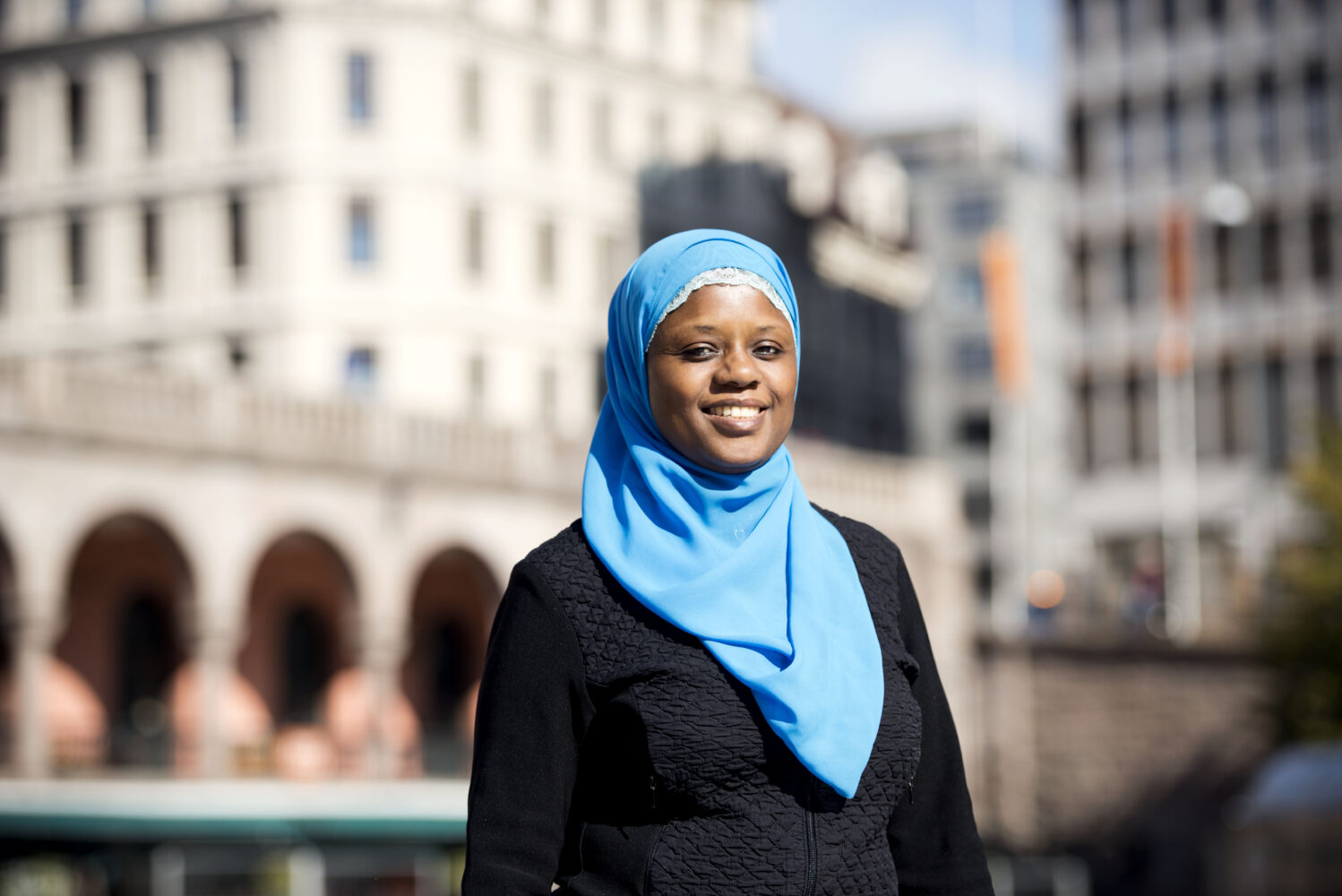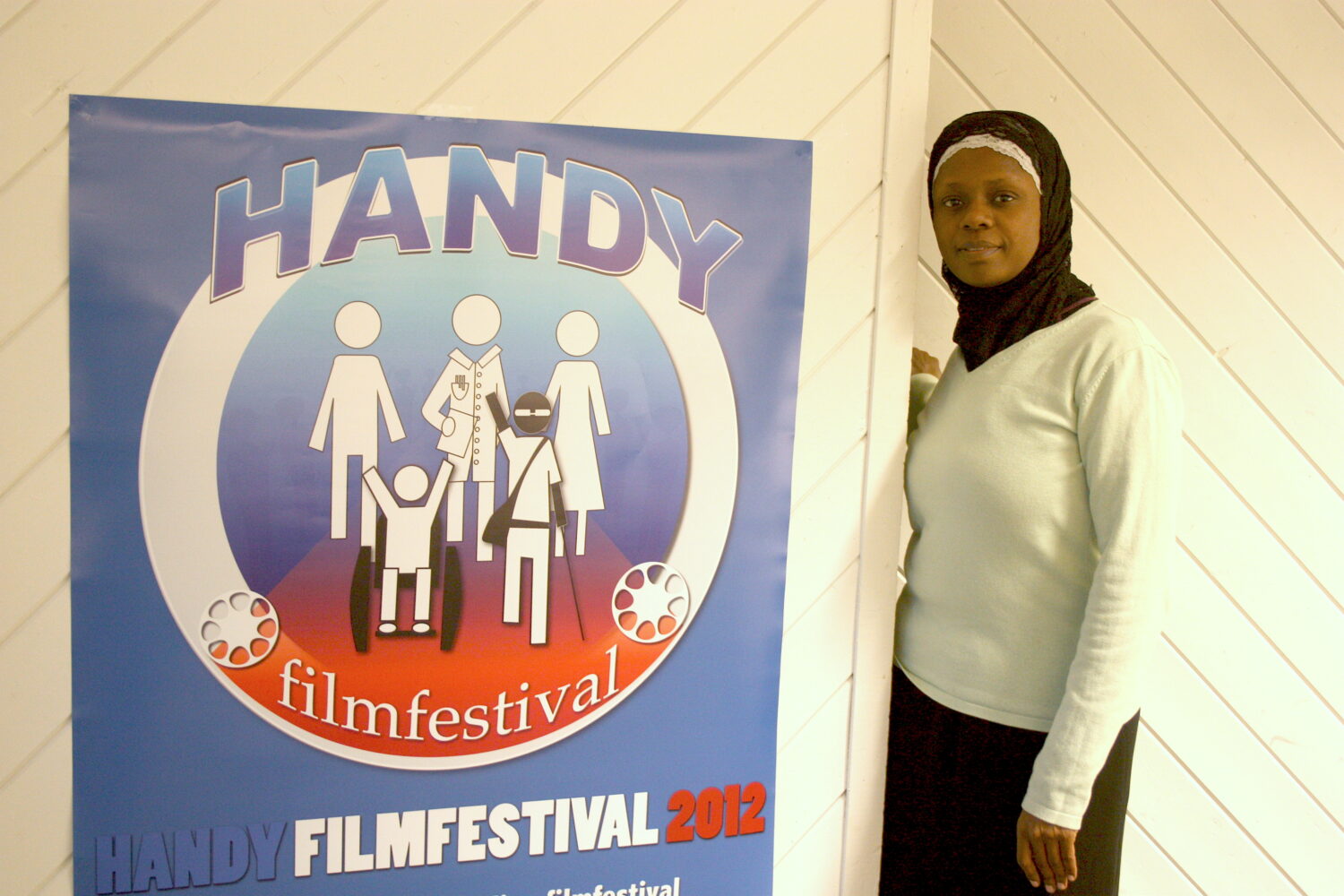History
The idea for the Abloom film festival came about in 2012, when Faridah Nabaggala wanted to mix two of her greatest passions: the art of film and the love of her son, who was born with a disability
Les mer om Ablooms og Faridahs historie her!

In the public jungle, she felt lost, finding it difficult to navigate her way. Where should she seek help? What could she do to give her child the best possible foundation? The most challenging of all were the misconceptions about disabilities in society – particularly within several minority language communities. Religion: The notion of disability as a divine punishment is not uncommon, and Faridah felt inspired to challenge this through cinematic experiences, aiming to enlighten and inspire.
The first festival went by the name Handy film festival and saw the light of day in 2012. The following year it changed its name to Abloom, and Faridah founded the organization of the same name.

Abloom, as an organization and film festival, has only grown and grown, with the following philosophy: All children and young people with disabilities should be, valued, seen and heard. With this phrase in mind, the festival won the “Oslo bys kunstnerpris in 2014 – for outstanding efforts in Oslo’s cultural life”, and has been an important contributor to the discourse on disability in Norwegian society. The meeting place has stood out, and the method has helped cultivate a sense of belonging in society. We are the only party within the disability movement that has managed to lift up minority language speakers, their challenges and has come up with a solution to the problem.
Intersectional Experiences: Since 2012, Abloom has been clear that one must break free from prejudices and attitudes, not from the groups they belong to. A person is not their disability; they have a disability.
While everyone is welcome to participate in the festival, Abloom’s core group has primarily consisted of families with minority language backgrounds, where one or more children have one or more disabilities.
Cinematic experiences have an integrative effect. Families with children, school students and adolescents get the opportunity to get to know, and interact, with each other. Another important target group for us is refugees and asylum seekers – this group made up a third of our audience. The festival is an integration arena for refugees and asylum seekers through interaction with the other target groups.
In addition, Abloom has a number of students from primary and secondary schools present. Several are from schools with a high minority language background – hence reception classes, where several have never been to the cinema before. We have also had a project called AFA (Activation of Refugees and Asylum Seekers).
Last but not least, there are a number of representatives from the authorities, organizations and people from the film industry present. By having them at the film festival, we can strengthen our collaboration with several of these, as well as inspiring more people in the film industry to address our core theme in their productions.
All these target groups get a unique insight into our topic. Organization Director Faridah Nabaggala shares her knowledge of the topic to the school classes, giving them the opportunity to interact with our core group. This is how the topic of disability becomes harmless. Everybody’s going!
